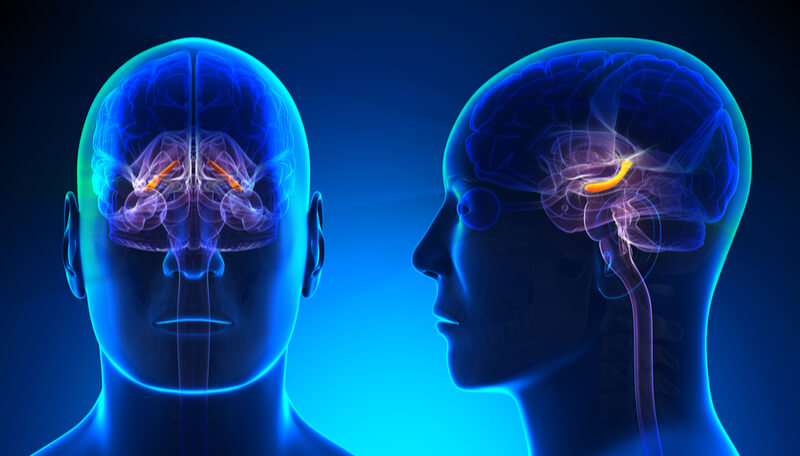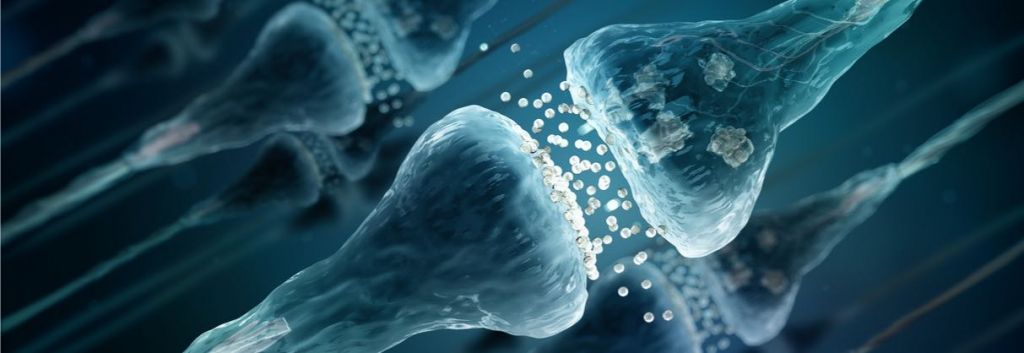Newsletter Signup - Under Article / In Page
"*" indicates required fields
Cambridge University scientists have identified a chemical in the brain that blocks unwanted thoughts, offering a new avenue to treat neurological disorders.
Researchers at the University of Cambridge have found identified a new process in the brain’s prefrontal cortex that can block our thoughts. The research, published in Nature Communications, demonstrated that the ability to block unwanted thoughts relies on a neurotransmitter called GABA. The group sees this as a new approach to the treatment of disorders including anxiety, post-traumatic stress disorder (PTSD), depression, and schizophrenia
Sophisticated imaging technology allowed researchers to observe what was happening in key regions of the brain as participants tried to inhibit their thoughts. The group used spectroscopy to measure brain chemistry, allowing GABA to be identified as a key player in blocking thoughts and memories.
GABA is the main inhibitory neurotransmitter in the brain, and its release by one nerve cell can suppress the activity of other cells to which it is connected. The researchers found that GABA concentrations in the hippocampus, a part of the brain involved in memory, can predict the likelihood of thoughts and memories returning.

The researchers have found a potential target that could allow the treatment of multiple neurological disorders, but there are a lot of challenges ahead if they want to take their approach to the clinic. But, this could be the beginning of a long and difficult journey towards the clinic for these researchers.
Drug development is difficult, but developing drugs for neurological disorders is even harder. Mary Kerr, CEO of NeRRe and Managing Director of KanDy, told us at our recent meetup in London: “Those who have ever worked in neurosciences know that it is a very difficult area to develop drugs in… The studies are extremely difficult to replicate, every second study in depression fails because of a placebo effect.”
Despite this, biotech offers the greatest hope to finding effective treatments for neurological disorders. Milan-based biotech, Newron, has recently taken evenamide, a potential add-on therapy for schizophrenia into the clinic. The fact that depression affects 121 million people worldwide drove researchers at King’s College London to develop a blood test to identify the best possible treatment. Also in London, Professor David Nutt is leading a group at Imperial College London looking at the active ingredient of ‘magic mushrooms’ for the treatment of PTSD.
Images – adike / shutterstock.com; decade3d – anatomy online / shutterstock.com






